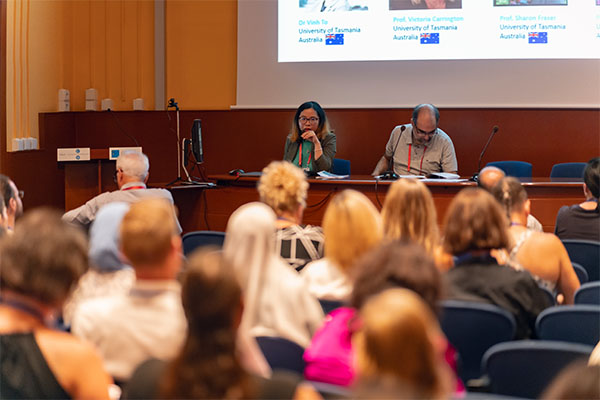Submitting a conference paper is a crucial step in academic research dissemination. However, many researchers wonder whether a submitted paper can still be modified. The answer depends on the stage of the submission process. This guide explains when and how modifications are allowed and how to manage your paper properly through the academic workflow.

1. Before Submission: Free to Revise
Before the official deadline, authors have full control over their submissions:
-
Edit the manuscript for clarity, structure, and formatting.
-
Apply feedback from peers, supervisors, or collaborators.
-
Ensure formatting compliance with the conference’s official template.
Most online submission systems (like EasyChair or CMT) allow you to upload updated versions until the deadline.
2. After Submission Deadline: Usually Locked
Once the submission deadline passes:
-
The paper is locked for peer review, and modifications are no longer allowed.
-
Only minor metadata edits (such as author info or keywords) might be permitted by some conferences.
It’s important to finalize your draft before this stage.
3. During Review: Edits Based on Reviewer Feedback
If your paper is:
-
Conditionally accepted or receives a “revise and resubmit” recommendation, you can make changes based on reviewers’ comments.
-
You’ll need to submit a response letter and a revised version within the given deadline.
These revisions improve your chances of final acceptance and are standard practice in reputable conferences.
4. After Acceptance: Limited Formatting Adjustments
Once your paper is officially accepted:
-
You may adjust formatting to meet publication requirements.
-
Minor edits like spelling corrections or acknowledgments are allowed.
-
Major changes to content or structure are not permitted without re-review.
This version is what will appear in the official conference proceedings.
5. Post-Publication: Expansion for Journal Submission
If you wish to:
-
Expand your research and submit to a journal, make sure to extend the content significantly (usually by 30% or more).
-
Always disclose prior publication to avoid self-plagiarism or ethical violations.
This route is common for turning a short conference paper into a comprehensive journal article.
Final Thoughts
Modifying a conference paper is possible—but only at specific stages. By understanding these windows of opportunity, you can manage your paper more effectively and align with academic publishing standards.
To discover upcoming academic conferences and manage your submissions more efficiently, visit iconf.org, a reliable platform for conference calls, deadlines, and submission guidelines across all disciplines.
